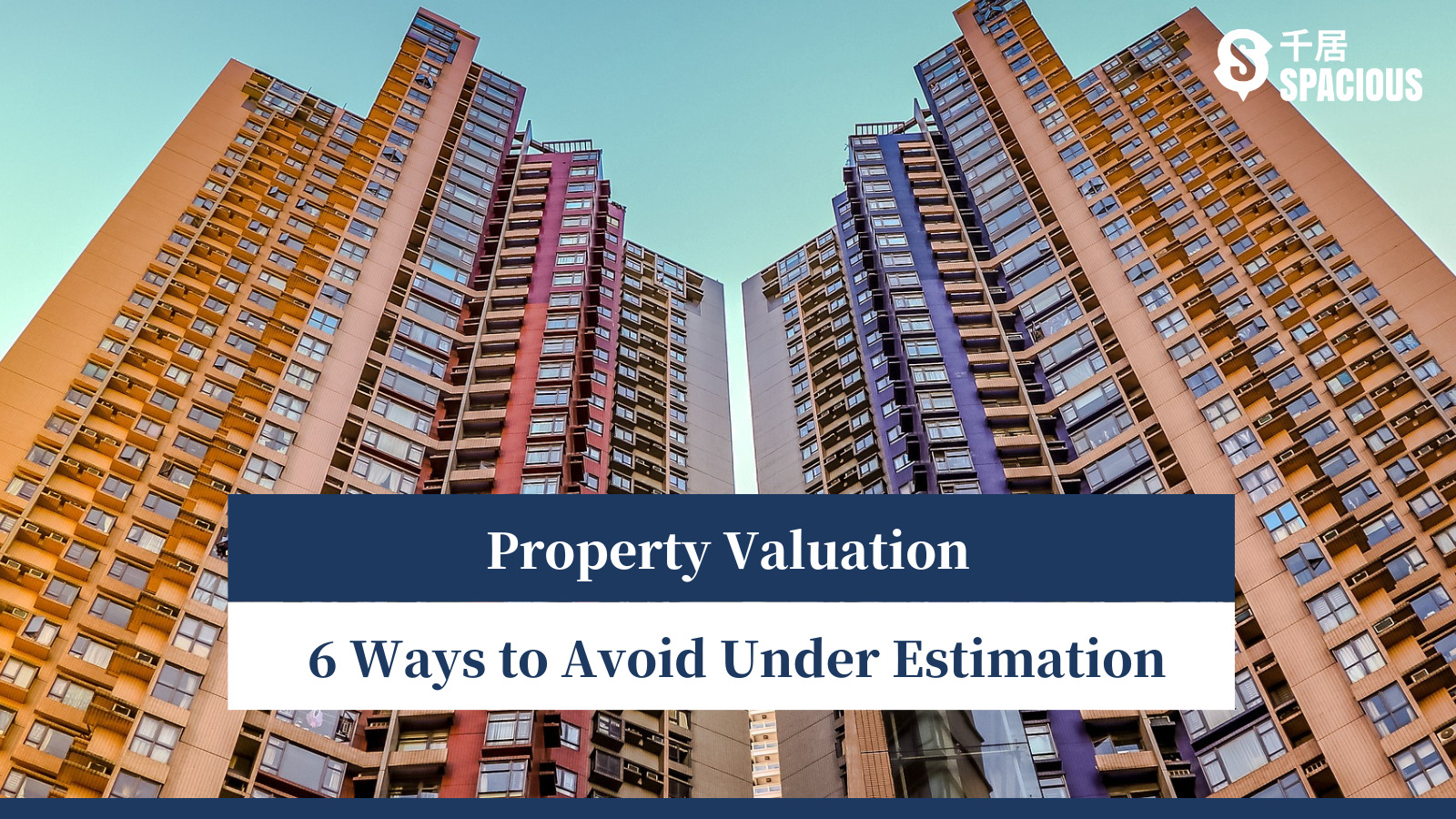
The Lands Department, also known as the Lands Bureau, oversees three specialised offices, including the Survey and Mapping Office, the Lands Office, and the Legal Advisory and Land Transfer Office. The Lands Department is responsible for land policy work, including managing the government’s land and handling related administrative matters. Among the three specialised offices, the work of the Lands Office is the most extensive. The following text will list the Lands Department’s six major services.
Jump to: 1. Revising Contracts and Land Exchange | 2. Rebuilding Temporary Residential Buildings | 3. Handling Illegal Occupation of land | 4. Acquiring Land | 5. Handling Small House Application | 6. Issuing Certificate of Compliance | Contact Information for The Lands Department | FAQ
1. Revising Contracts and Land Exchange (Non-New Territories Small Building Cases)
Private development land can be modified through contract revisions (including on-site land exchange) by applying to cancel or revise development land restrictions, carry out property reconstruction or change land use.
Redevelopment of old buildings; rezoning farmland, industrial buildings, commercial land, into other uses such as residential or school, all involve the Revising Contracts and Land Exchange” service. The Lands Department will assess whether the application can be passed, and determine whether the land holder needs to pay for land premium for the application.
“In-Site Land Exchange
In-Situ Land Exchange is one of the most talked-about topics in recent years. It is a product of the development plan for the northeastern New Territories. Developers can apply to the Lands Department for a contract revision if they have a contiguous farmland reserve of 40,000 sq. ft. within a designated land area and the land rights are unified. Through “On-site Land Exchange” , the land use can be changed from farmland to residential.
This public-private partnership land acquisition model has also been used in the “Land Sharing Pilot Scheme” in recent years. Eligible participating developers can apply to change the use of their New Territories farmland for building public housing and the First-time Buyer Housing Scheme.
Find or sell properties on Spacious
2. Rebuilding Temporary Residential Buildings
Hong Kong has had various types of temporary housing in the past, such as licensed houses and squatters, etc. Over the years, the Lands Department has been committed to assisting in the demolition and rebuilding of these temporary housing with poor living conditions.
Licensed Houses
In the 1960s and 1970s, the Lands Department issued licenses to villagers to build farmhouses and livestock houses of 400 sq. ft. or less. Licensed houses have conditions of issuance, which generally include not being able to rent or transfer, or provide accommodation to non-immediate family members. The holder must also pay license fee at regular intervals.
Squatter Huts
Squatter huts were the product of the 1940s. During the civil war, many refugees flocked to Hong Kong. They built squatters in remote areas as shelters. Squatters do not have title deeds or land deeds, and only occupants are recognized by the government. The Lands Department generally does not proactively demolish squatters, but if there is a complaint, enforcement is necessary. This include inspecting the property to ensure it is consistent with the registered status, otherwise, restoration will be required.
If restoration is unsuccessful, the Lands Department will cancel the registration of the squatter hut, and even reclaim the land, requiring the owner to dismantle the illegal squatter.
Find or sell properties on Spacious
3. Handling Illegal Occupation of land
Since 2019, the Lands Department has been committed to cracking down on illegal cases of occupying government land in the New Territories. Anyone who illegally occupies government land without permission, which is not approved for lease or allocation, is considered illegal. The Lands Department will recover the land according to the Land (Miscellaneous Provisions) Ordinance (Chapter 28) and post legal notices within the land area, requiring the occupier to stop occupying the land within a specified period of time.
If the situation does not improve after the deadline, the Lands Department may take further action, such as pressing charges.
4. Acquiring Land
The Lands Department occasionally acquires private land (such as private farmland, house land) for public use, such as building roads, markets, fire departments, recreational land, and public housing development, and provides preferential compensation for those affected.
5. Handling Small House Application
Under the Small House Policy introduced in 1972, original residents of the New Territories, can be allowed to build a house with a maximum of 3 floors and a maximum area of 700 square feet per floor. Before construction, the original residents must first submit an application to the Lands Division, which will process the application within one year. For some simple cases, it only takes about half a year to approve the application.
Find or sell properties on Spacious
6. Issuing Certificate of Compliance
Generally, new projects must first obtain a “Certificate of Compliance” from the Lands Department to ensure that the developer has fulfilled its responsibilities under the land contract, such as building a certain area of public recreation space within the project, before handover of the units.
Contact Information for The Lands Department
There are a total of 12 District Lands Offices in Hong Kong. If you find any types of illegal houses or wish to inquire about any applications, you can contact the relevant District Lands Office.
Email: landsd@landsd.gov.hk
Inquiry Hotline: 2525 6694
Complaint Hotline: 2231 3369
Headquarters Address: 20th Floor, North Point Government Offices, 333 Java Road, North Point
website: https://www.landsd.gov.hk/
The information provided by the Lands Department mainly deals with non-mainstream housing, such as small houses, squatters and license houses. For more information on new and second-hand properties, it is recommended to search for properties on websites such as Spacious.
Find or sell properties on Spacious
FAQ
How does the government relocate residents of demolished squatter houses?
The affected residents may opt for the means-tested rehousing arrangement to be rehoused at public rental housing units of the Hong Kong Housing Authority, or the newly introduced non-means-tested rehousing arrangement to be rehoused at the dedicated rehousing estates managed by the Hong Kong Housing Society.
Where should approved small houses be built on?
They must be built on land within the boundaries of the corresponding village and this land must be located within the Approved Village Area and Village-style Development Zone as stipulated in the statutory plan.









